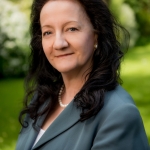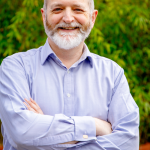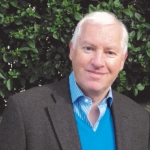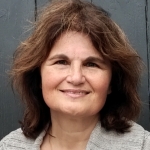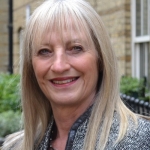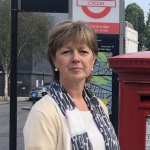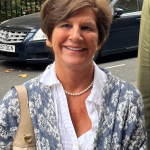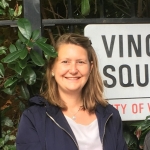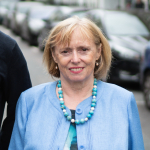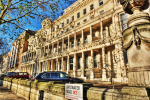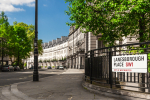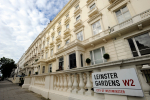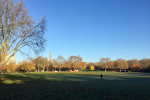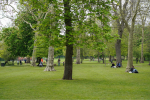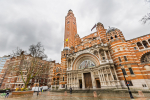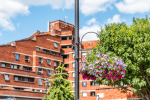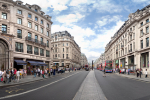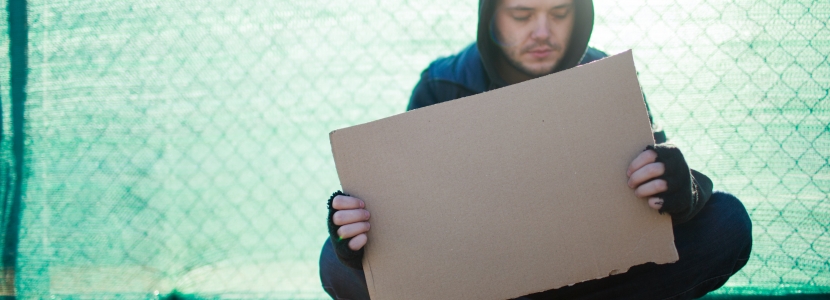
Conservative-led Westminster City Council has kicked off its Hidden Network of Heroes campaign to raise awareness of the work it undertakes with its partners everyday of the year to help more rough sleepers off the streets and turn their lives around.
The Hidden Network campaign focusses on the army of staff and volunteers who work with people who find themselves on the street for whatever reason including suffering mental illness, battling addiction, family breakdown or abuse.
Commenting on the new campaign, Council Leader, Nickie Aiken, said: “I am proud that Westminster spends over £7m a year helping and supporting rough sleepers turn their lives around, more than any other local authority in the country. It is down to the dedication of staff and volunteers that over 80% of those we meet on their first night on the street do not spend a second night out. But with the average life expectancy of a person sleeping rough only 47 years and the appalling fact that 33 people have died on our streets in the past year, there is still more for us to do.”
The Hidden Network includes stories of those working on the frontline, many of whom are former rough sleepers themselves who have now dedicated themselves to helping others. Among the outstanding services available is Hopkinson House, a hostel for rough sleepers run by the charity Look Ahead. There, rough sleepers receive the resources they need to manage their physical and mental health, build confidence, and secure a new home, training which will lead to a job. The Campaign is being advertised in the major train stations including Victoria, Paddington and Charing Cross as well as over social media.
The campaign is also encouraging members of the public to consider giving to charities rather than directly to those on the street. The aim is to illustrate that it is far more effective to end rough sleeping by donating to charities such as St Mungo’s and the Passage than directly to the person. Westminster Council is also working with local shops and businesses to encourage them to install special contactless card readers where people can tap and donate which will go directly to the charities working with rough sleepers.
“I appreciate the human wish to help someone you see on the street,” continued Cllr Aiken. “However, having spoken to professionals working in this area, their message is clear, buy them a coffee or sandwich but giving them money will only keep them on the street. The advice is give to charity and support more work to help to improve the lives of some of our most vulnerable people in our society. It may sound very tough but with many of those on the street fighting addictions giving them money will not help them in the long run. There are too many people dying on our streets and we have the support networks and thousands of success stories to show our work can achieve so much.”
To find out more about the Hidden Network, the services available to rough sleepers and to donate please go to: www.westminster.gov.uk/rough-sleeping






